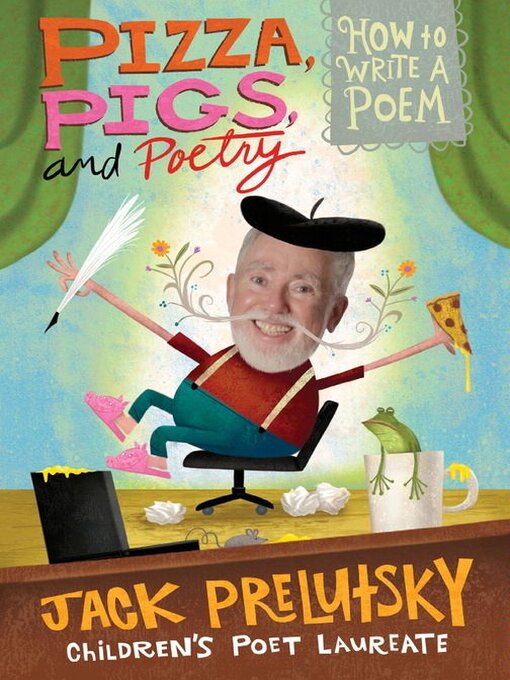Have you ever tried to write a poem about a pizza? How about a pig? How about a pigeon, penguin, potato, Ping-Pong, parrot, puppy, pelican, porcupine, pie, pachyderm, or your parents?
Jack Prelutsky has written more than one thousand poems about all of these things—and many others. In this book he gives you the inside scoop on writing poetry and shows you how you can turn your own experiences and stories about your family, your pets, and your friends into poems. He offers tips, advice, and secrets about writing and provides some fun exercises to help you get started (or unstuck). You'll also get a behind-the-scenes look at the ingredients of some of his most popular poems. If you are a poet, want to be a poet, or if you have to write a poem for homework and you just need some help, then this is the book for you!




